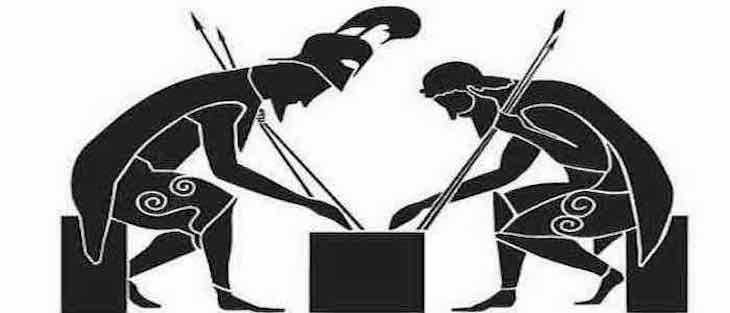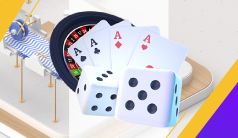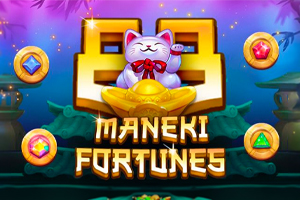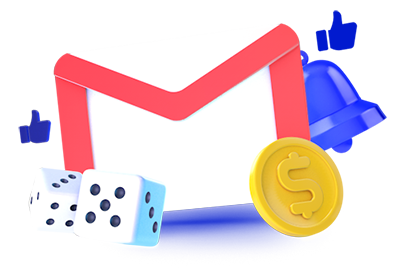OUSC Exclusive Interview
Andres Kuusk – Becoming a Pro Poker Player
 Andres Kuusk is a professional poker player from Estonia, a country where online poker is more than a hobby, it’s a profession. As a programmer and data analyst in the financial sector, Andres moved from online poker to live cash games in the local casino. With just a few specific tweaks to his game, he managed to break the bank and quit his job to live from poker.
Andres Kuusk is a professional poker player from Estonia, a country where online poker is more than a hobby, it’s a profession. As a programmer and data analyst in the financial sector, Andres moved from online poker to live cash games in the local casino. With just a few specific tweaks to his game, he managed to break the bank and quit his job to live from poker.
On this exclusive OUSC interview, we talked to Andres with the hope of learning more about the lives of online poker pros.
Tell us a bit about your first interest in poker and how did you become a poker professional.
It was around 2010 when I emerged as one of the top Pentamind (Mind Sports Pentathlon) players in the world. I realized that if I was a strong poker player, this would help significantly my chances to win the Pentamind World Champion title. So this was my main motivation to start studying and playing poker seriously.
It just so happened that around that same time some of my friends, professional poker players, created an official poker team and invited me to join as one of their very first students. I took this opportunity and with excellent coaches like Paavo Tromm and Mark Joa, I made good progress and was able to soon quit my job in the university and start playing for a living.
How is the poker scene in Estonia?
Poker is very popular in Estonia, probably even more popular than chess. Nobody knows exactly how many professional players we have, but surely there are a lot.
We don’t have anybody with big wins in major live tournaments, but a lot of people make big money on internet cash games. Actually, I think that cash games are clearly more popular than tournaments among top Estonian players.
You are also a prolific chess player. Do your skills at that game influence your poker playing tactics?
 Not really. I think that tactics should be based mainly on the opposition and your table image. My main tactics is being flexible, switching from one strategy to another, which has nothing to do with my chess background. Also, I tend to rely on my reading of my opponents, this, of course, is entirely useless in chess.
Not really. I think that tactics should be based mainly on the opposition and your table image. My main tactics is being flexible, switching from one strategy to another, which has nothing to do with my chess background. Also, I tend to rely on my reading of my opponents, this, of course, is entirely useless in chess.
This does not mean that these types of considerations are not worth considering. It is probably true that chess or go players could have some advantage in developing mathematically or game theoretically sound strategy or tactics, so it might be beneficial to play some more mathematical variant of poker like Chinese poker or only play short stacks, which theoretically, is an easier game to solve.
Any particular stories playing poker?
My favorite moment playing poker is from 2013 when I won the Pentamind World Championship.
It was a Five Card Draw tournament, held on a last day of the Pentamind World Championship. In the beginning of the final table, I was about 4th or 5th on stack size. Being on a cutoff, I was dealt a pair of queens to go with 3 non-matching cards and decided to call a bet from UTG. I was the third caller before action came to the Button and he made a big raise. Several people called, including me. The Button continued his story by not changing any of his five cards and everybody check-folded to him. Everybody but me.
I did not improve my hand and only had a pair of queens but still called him down as I put him on a bluff.
Why did I do this? Everything pointed out for this being a good time to bluff like this. He had below average stack, thus needed to make a play sooner or later. There was a lot of dead money in the pot. He was on the button, therefore having good control of the action. Plus, I remembered him making the same bluff in a very similar situation two years ago.
Putting all these pieces together, I was rather confident about making a call and I was right. He mucked immediately after I had called.
This hand helped me be among the big stacks, which allowed me to snatch first place in the Pentamind standings until the end.

Did you ever participate in a major poker event?
Did you get to live professionally from playing poker?
I did. When my friends Mark and Paavo started to coach me, I struggled initially and was a break-even player for some time. But the more I played, the more I won and the less I worked in the office. Therefore, at some point, I quit my job and started playing professionally.
Immediately after doing that, I started to win nicely and had a rather stable income even on a weekly basis.
What is your preferred game of poker, Texas Hold’em, Pot Limit Omaha or another variant? Do you play full ring, short-handed, or heads-up?
Are you mostly an online poker player or do you play live often? What are the major differences from the online and land-based casino games?
 When I was playing professionally, I played mostly online, just because there were not that many live cash games going on in my hometown. I played live casinos whenever possible, but this happened only once or twice per week. Nowadays I have stopped playing online, so only playing live cash games.
When I was playing professionally, I played mostly online, just because there were not that many live cash games going on in my hometown. I played live casinos whenever possible, but this happened only once or twice per week. Nowadays I have stopped playing online, so only playing live cash games.
I think the main difference between online and land-based casino games is the interaction with other players.
As I consider that my ability to read opponents one of my biggest strengths in poker, so I actually like land-based games more than online. Making a correct decision on a land-based game is based on your ability to read the other players and call their bluff. That is what really fascinates me.
What stakes do you play?
Tell us a bit about strategy and skills. From your perspective, what does a poker player need to be more successful?
For me personally, the biggest Eureka moment was when I discovered the idea of balancing my ranges. Up to this point, I was unbalanced towards bluffs and I thought it was fine because no one really pays attention on that level. But when I had put in some work and got my betting and checking ranges balanced, I immediately noticed better results.
Balancing my ranges coincided with me starting playing professionally, so it is not clear which of these two had a greater effect, but I believe the this was very important. It is easier to win if your ranges are well balanced, as this makes it very hard for any opponent to overplay you, and you basically just play your game and exploit the mistakes of weaker players. So balancing your ranges is definitely one suggestion that I would give to every poker player who has not yet done it.
What specific steps do you suggest an online poker player that has a goal of making a profit each month?
 From my own experience, I can say that the first thing that needs to be done, is playing only when your mind is fresh and you can focus entirely on poker. If you are tired or not fully focused, you make more mistakes, which makes you frustrated and thus make you make more mistakes. I don’t play after long working days and I don’t play after more than a glass of wine.
From my own experience, I can say that the first thing that needs to be done, is playing only when your mind is fresh and you can focus entirely on poker. If you are tired or not fully focused, you make more mistakes, which makes you frustrated and thus make you make more mistakes. I don’t play after long working days and I don’t play after more than a glass of wine.
Several months I tried to play late in the evenings after an 8 hours workday, but this resulted in terrible focus. I had better results at the weekends when my mind was fresh and I was not tired. When I quit my job, I started to make a profit on work days as well.
The next step is to study the game theoretically. I know it’s much more fun to play than putting in a lot of hard work, but I have found out that hard work always pays off in any mind sports and poker is no exception. If you don’t have the motivation to study the game, develop your skills and find out more about strategies and tactics, then poker is not what you should do for a living. Even a single theoretical finding can be a huge boost to your profits. In my case, it was finding out about the importance of balancing my ranges.
If you can manage to achieve these two steps, then you have enough motivation and curiosity that everything else will come by itself.






